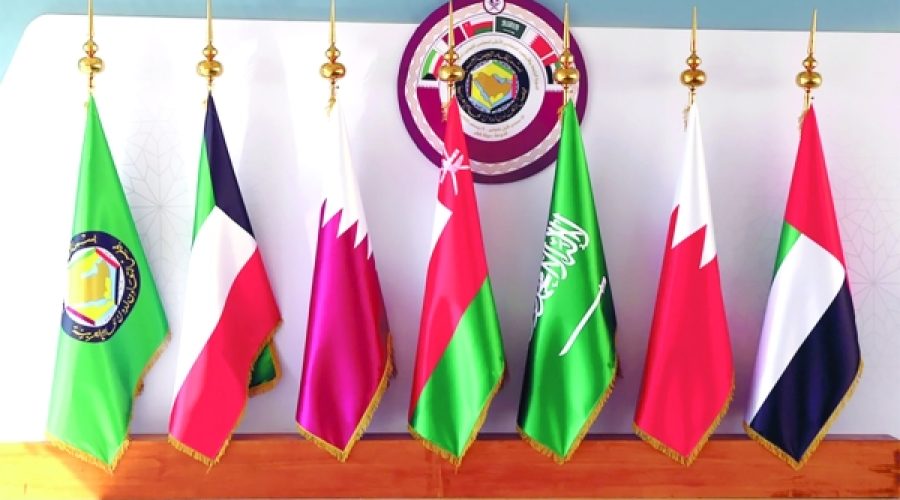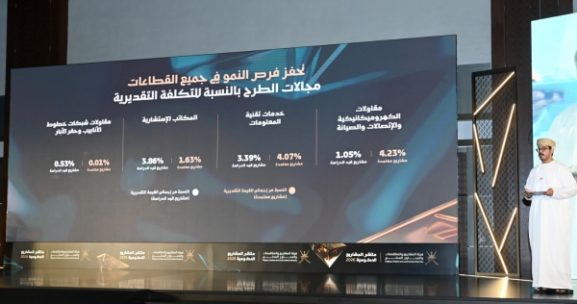Gulf Common Market Expansion: What It Means for Business Opportunities for GCC Nationals and Investors
MUSCAT: The Gulf Cooperation Council (GCC) countries are advancing towards a fully integrated common market, enabling millions of citizens to enjoy greater mobility, employment access, and expanded economic opportunities throughout the region.
According to the Ministry of Finance, over 36.5 million Gulf citizens traveled, lived, or worked freely across GCC member states in 2023, benefiting from unified transport and residency systems. This figure represents a significant increase from just over 14 million in 2007, highlighting how regional policies have normalized cross-border movement as an everyday aspect of life in the Gulf.
Employment opportunities have also notably increased, with more than 8,700 Gulf nationals securing jobs in other GCC countries last year, demonstrating the region’s commitment to borderless economic participation. Healthcare services have become more accessible, with citizens receiving treatment at over 190 medical facilities across the GCC.
Education continues to serve as a cornerstone of integration. Thousands of students are enrolled in universities and colleges throughout the Gulf, supported by the recognition of qualifications and harmonized academic standards. Graduate numbers grew by over 30 percent in the past year, while total student enrollments have nearly doubled since the early stages of the common market.
Beyond education and healthcare, the labor and investment markets are experiencing substantial growth. More than 32,000 citizens are employed under full labor equality provisions, and Gulf investors are increasingly engaging in cross-border stock trading, with 737 companies now listed for shared ownership—more than double the number recorded in 2007.
Economic activity between member states is also expanding, with over 81 million cross-border transactions conducted in 2023. Officials note that this surge reflects the dynamic evolution of the common market from a conceptual framework into a practical driver of trade, investment, and competitiveness.
The GCC Secretariat and national ministries emphasize that these accomplishments extend beyond statistics, embodying a vision of shared prosperity. The common market is pivotal to the region’s long-term strategy, facilitating seamless mobility for Gulf citizens to study, work, invest, and reside across member states, while fostering a stronger and more resilient regional economy.
Special Analysis by Omanet | Navigate Oman’s Market
The GCC’s advancing common market presents significant opportunities for Omani businesses to expand beyond borders, tapping into a larger consumer base and a more integrated labor pool. However, increased competition and cross-border mobility also pose risks requiring firms to innovate and enhance competitiveness. Smart investors and entrepreneurs should now prioritize cross-GCC partnerships, diversify holdings, and leverage harmonized regulations to capture growth in this dynamic, unified economic landscape.



